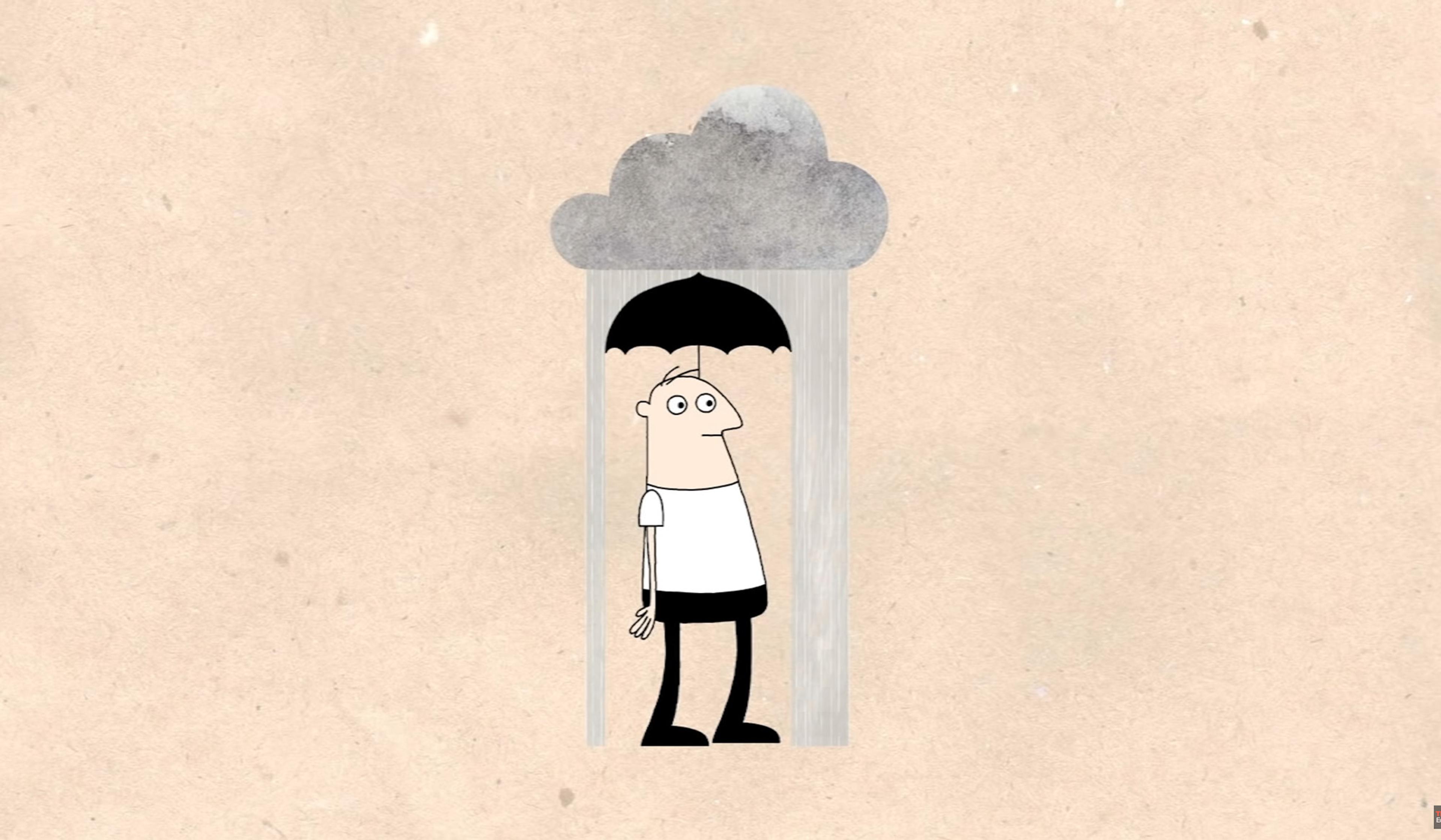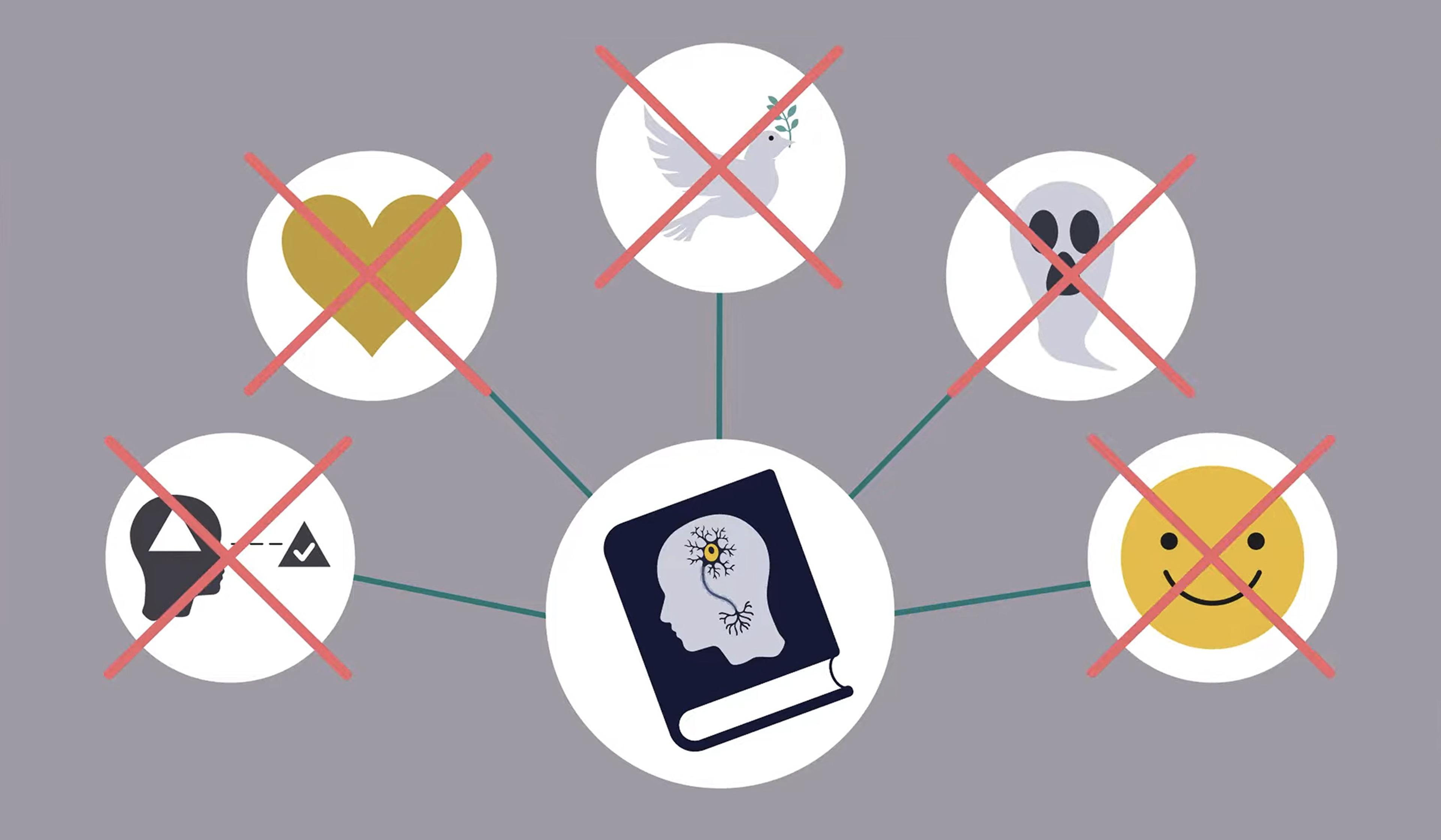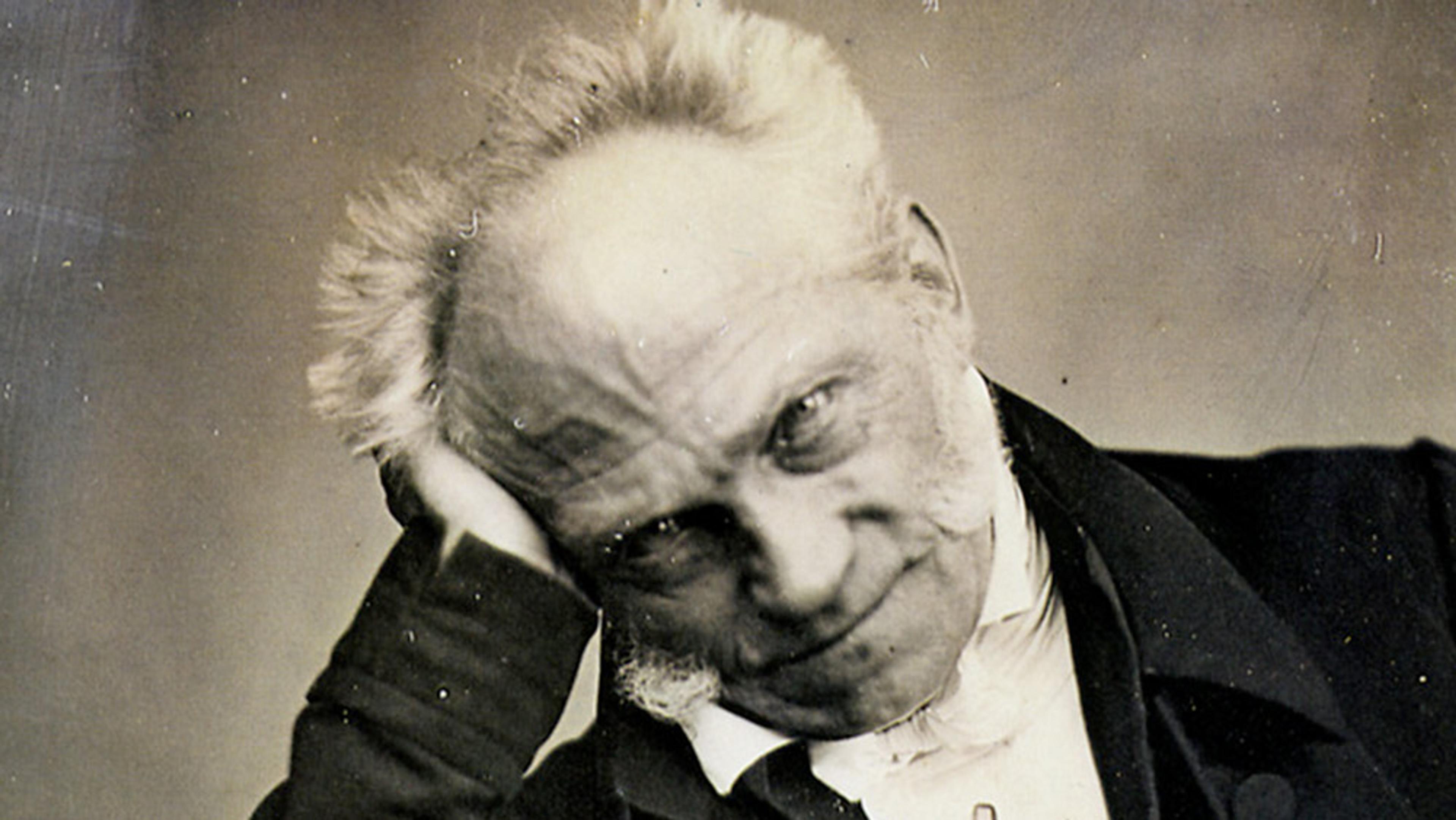Many ancient Greek philosophers were suspicious of emotions, believing that reason was the key to freeing the mind from destructive, distracting impulses. However, the 18th-century Dutch philosopher Baruch Spinoza, and later Charles Darwin, came to the conclusion that emotion and reason work in tandem to help us survive and build important social bonds – a theory that was later confirmed by modern psychologists and brain scientists. This short video from Scientific American explores how emotions transformed from nuisances to necessities in the eyes of Western philosophy and science – with puppets!
Reason might be our puppet master but only after emotions tug on the strings
Director: Kevin Cline
Website: Punctuation Films

videoHistory of ideas
From imbalanced humours to brain chemistry – on the evolution of melancholy
5 minutes

videoHistory of ideas
For proof that love is timeless, consider how long philosophers have debated it
6 minutes

videoPhilosophy of mind
Do we have good reasons to believe in beliefs? A radical philosophy of mind says no
5 minutes

videoMood and emotion
Till genetics do us part – why the success of your marriage is encoded at birth
5 minutes

videoHistory of ideas
What can the Romantics teach us about confronting modern problems?
20 minutes

videoSocial psychology
Don’t misread Darwin: for humans, ‘survival of the fittest’ means being sympathetic
5 minutes

videoEthics
You messed up. You’re in trouble. But don’t worry, logical positivism can help
6 minutes

videoThinkers and theories
The intellectual legacy of philosophy’s greatest pessimist: life is suffering, art is supreme
44 minutes

videoKnowledge
Why Romantic historians acknowledge the human feelings behind the facts
13 minutes